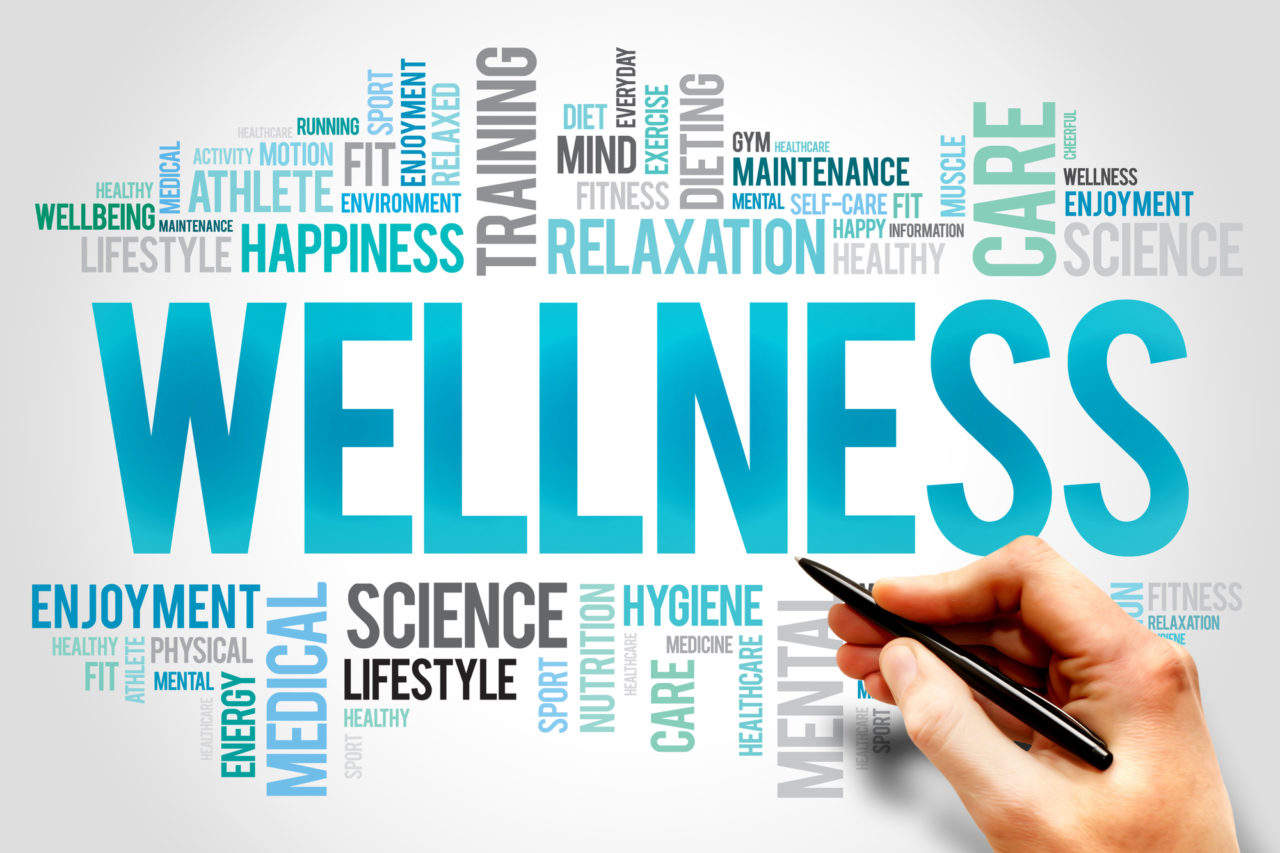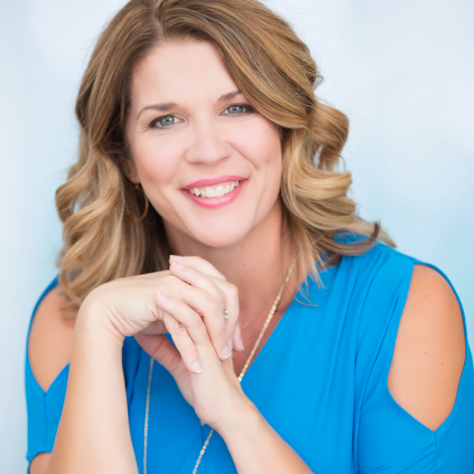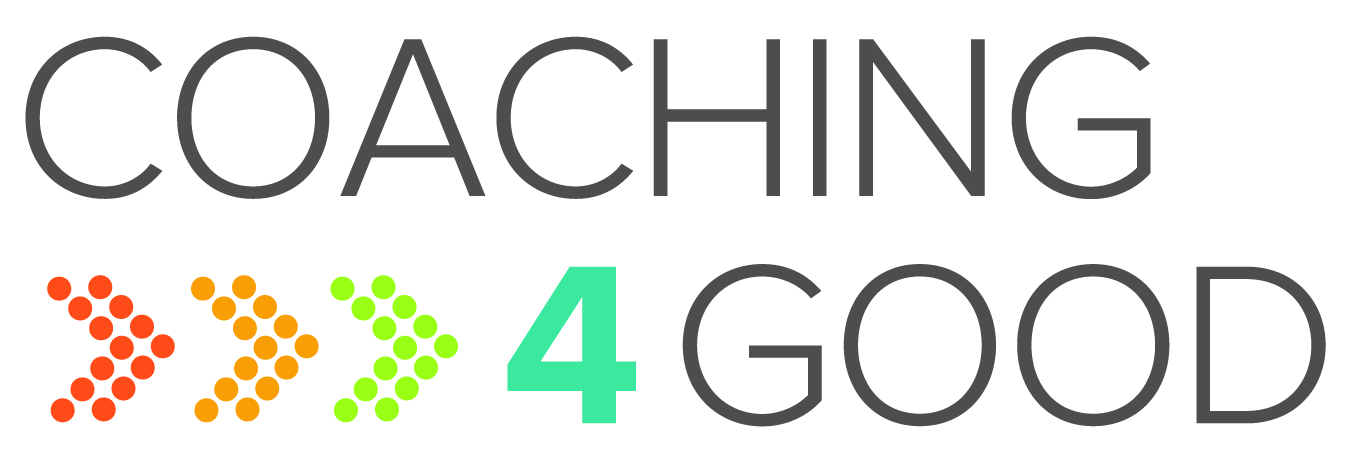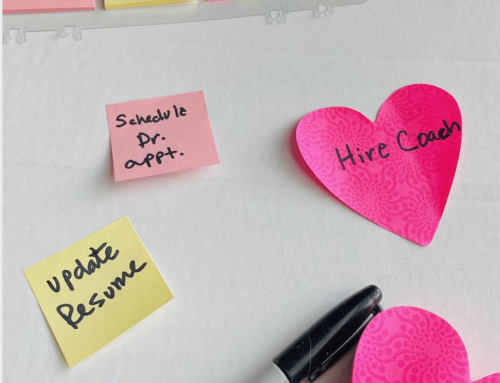
It’s Time to Shift Your Perspective on Self-Care
In the aftermath of COVID-19, we can cultivate change in our lives, communities, and the world. But for now, as you and your neighbors stare at each other through your living room windows, do you find yourself wondering if the grass is greener at the Jones’ house?
I doubt it.
You probably wonder if anyone over there is shedding the contagion. Safe inside your own house, you feel grateful to have a roof over your head, toilet paper in the bathroom (especially this right now), and food in the fridge. You may also profoundly appreciate still being employed while millions are out of work.
Inside the quarantine of COVID-19, America’s rampant consumerism has, against our wishes, ground to a halt. In our quiet moments as we stare longingly at the world outside our windows, we may no longer be consumed with “keeping up with the Jones’.” We are forced to scale back now; living without many of the things we had thought were essential. We may be losing interest in keeping up with the Jones’ because we can’t even be in the same room with them.
This mandated solitude allows us the opportunity to re-examine priorities, reconsider the foundation of our happiness, and get clear on what we really want for our lives.
What if You Want What You Already Have?
Let’s flash back to a decade ago when I was living in Southern California. My husband, Mitch, and I were parenting five children under the age of 18. You are probably thinking, “My gosh, that must have been expensive!” Yes, it was. Raising kids in America is expensive.
If you have been a parent, you know something about wanting. You’ve probably gone without some of your own desires to meet the needs and wants of your children. You’ve probably experienced parenting within a consumeristic, competitive culture, which means you and your kids are force-fed an endless list of wants.
In my house, that list of wants was multiplied by five. Kids have a short memory around wants. We satisfy their wants and they quickly forget and want more. I have been the first in line at Walmart to buy the newest game system for Christmas. I’m now ashamed to admit that I have frantically hunted for a Furby. I’ve shopped for, purchased, and recycled everything from carpet skates to hockey sticks; teeter totters to green machines.
But wants aren’t just limited to tangible things, and as we mature and acquire, our wants become increasingly intangible. My oldest son was seven years old when he wanted a Pokémon Gameboy more than anything in the world. A few years later, he wanted to buy himself a car. Before long, he wanted a college degree, which turned into a law degree, then a competitive job, then a wife.
You might blame the incessant wanting of my children on their upper middle-class childhood in Southern California. And rightfully so. But consider instead the country of Bhutan.
This small group of people, situated south of China, pioneered the idea of “Gross National Happiness” as a standard for measuring success. The Bhutanese were touted as being the happiest people in the world. Recent studies suggest that the data is changing; that the Bhutanese people are not as happy as they used to be. Why? Some blame technology. TV has come along with all of its advertisements and manufactured wants. The people of Bhutan now have desires that can’t be satisfied. They can’t afford what they now believe they want. My kids and the people of Bhutan have something in common: they’ve both been infected with dissatisfaction around what they have and they are plagued by wanting more.
Rabbi Hyman Schachtel said, “Happiness is not about having what you want, instead it is about wanting what you have.”
As a wellness coach, people come to me seeking solutions to problems. They want to lose 40 pounds or manage a medical diagnosis. When declining health takes the wheel, rest assured that reduced quality of life is riding shotgun. This duo seriously undermines feelings of contentment and happiness and most people find themselves wanting to somehow get their health back. In our pursuit of as much happiness as possible, dealing with declining health leads to a deep longing to be well again.
The challenge isn’t wanting things we don’t have as much as it is in valuing the things we already possess.
Think about your good health and ask yourself, what would it mean to you to want what you already have? You already have good health. Most of us start out with good health, but we don’t value it because we already have it. Like my kids, and the people of Bhutan, we continue to want what we don’t have. We neglect our health in pursuit of endless wants.
This chronic tendency to want is the genesis of the “Four Noble Truths” in Buddhism. The first truth is that suffering exists in our lives. The second is that suffering is caused by craving more. It makes sense that one of the primary goals of the state of enlightenment is to eliminate craving for one compelling reason: being free from desire is the only way to be wholly content within yourself.
I am not suggesting that you eliminate all wants from your life. I am suggesting that, during this national pause on consumerism, you consider how to foster a greater alignment between what you want and what you already have, especially as it relates to your health.
I often hear myself saying, “Self-care is not a luxury, it’s a necessity.” Taking care of the health you have is a necessity because if you don’t take care, you can be assured you will be found wanting.
Two Self-Care Tips During Crisis to Take Care Of What You Already Have
1. Value Your Health
Many of us have enjoyed a healthy body since the day we were born, which makes it easy to take for granted the gift of good health. Sadly, we appreciate our health more when it is gone. Like the Indian Proverb says, “One who has health has a thousand wishes, one who does not, has but one.” Love, appreciate, and value your health now.
- Do it now: Withholding much needed appreciation for our incredible bodies keeps us in the waiting place for months, weeks, and years. Stop waiting for perfection. Pause and value the health you have right now.
- Love is the answer: We value the things we love, yet often we wait to love our bodies until they are exactly in alignment with what we think they should be. In coaching we like to say, “stop should-ing on yourself.” You will never be successful hating your body into good health. Love your body now, exactly as it is.
- Gratitude: Appreciate the ways your body functions and how it sustains you day after day. Whether you are carrying extra weight, or managing a disease like diabetes, thank your body for sustaining you day to day. Make a simple list of three things you can do to show thanks to your body.
2. Listen to Your Body – It Know What It Wants
Our bodies are complex organisms that have an incredible ability to stay in balance. That homeostasis requires sleep, water, movement, and nutrition. Learn to truly listen to your body now and let it tell you what it wants.
- Sleep: During COVID-19, with a lack of commutes, closed gyms, and cancelled business trips, many people seem to have rediscovered their need for sleep. Take this opportunity to improve your sleep habits and reap the rewards of a rejuvenated mind and body. It is easier to self-regulate your food, water, and exercise when you are well rested.
- Nutrition: Rather than the body asking for what it really wants, cravings can be deceptive during periods of stress. A craving for ice cream is how the body signals you that it is out of balance – it is a cry from your energy systems for nutritional balance. Ice cream doesn’t satisfy what the body needs, it satisfies a craving. The body may actually need water or rest.
- Water: If you aren’t drinking half of your body weight in ounces of water every day, your body may be asking you for a drink—of water! Your body is 70% water. The headache or malaise you feel may be a signal to drink water.
- Movement: It can be easy to confuse relaxation with recharging. Watching hours of television and binging on social media are examples of passive, numbing activities. Passive activities can be numbing, and leave the body asking for more. The body craves movement and recharges through active engagement. Vigorous exercise is a great way to satisfy the body, but you can also plant some flowers, take a walk, or clean out a closet.
Ask yourself, “Is this what my body really wants right now?” Identify what your body wants by listening to stress, fatigue, hunger, and thirst. These are life- saving mechanisms to tell you when to breathe, exercise, rest, consume water, and feed your body well.
Reconnecting to Your Health Is Essential During this Crisis
With a pandemic sweeping the country, many of us have taken inventory of our personal health. We’ve stepped off the bullet train of consumerism long enough to consider what we do have. We are protecting our bodies from a terrible, deadly virus. But this virus has given us the chance to reconnect with simplicity and frugality, and to contemplate what we really want for our lives and our health after COVID.
Most importantly, you have the chance to thank your body for the precious gift of good health and you can show our thanks in return by sleeping in, taking long walks around the neighborhood, eating something nutritious, and having a big glass or water. The most powerful lesson of COVID-19 may be that we want to be healthy, and we value that gift for the first time in a long time.
At Coaching 4 Good, we are taking a closer look at the value of the health of our clients in fulfilling their roles, both in and out of the business world. We recognize that health is foundational to contribution and productivity and we are continually expanding our understanding of how to best serve our clients. We invite you to partner with us in discovering how to align your health to your work and personal life.
Interested in more from Coach Cathy? Read her recent blog: How to Elevate Your Pandemic Home School Experience.
Cathy Dunford is a Certified Health and Wellness Coach and Personal Trainer. Her approach to coaching is centered on meeting the unique needs of each individual client to bring about improved health, greater life satisfaction, and work/life balance. She utilizes her extensive background in health and wellness, paired with coaching psychology methods from Harvard Health, to define her holistic approach. Her coaching is grounded by the latest research in positive psychology, appreciative inquiry models, motivational interviewing, self-determination theory, and emotional intelligence.

Michelle Poole
Michelle Poole is a dynamic certified executive coach and co-owner of Coaching 4 Good. She is passionate about re-invigorating the hearts and minds of those she works with to help increase their personal and organizational impact. Get started today by scheduling your free consultation!









Stay In Touch